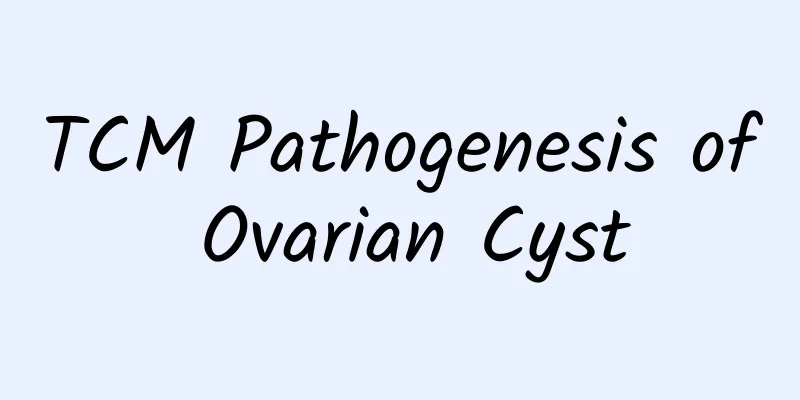10 taboo foods for uterine fibroids

|
The 10 foods that are not recommended for uterine fibroids include high-fat foods, high-sugar foods, spicy foods, caffeinated drinks, alcohol, high-salt foods, processed foods, red meat, dairy products, and greasy foods. They are as follows: 1. High-fat foods: High-fat foods may increase estrogen levels and aggravate the symptoms of uterine fibroids. Representative foods include fatty meat, fried foods, cream, etc. 2. High-sugar foods: High-sugar foods can increase inflammation in the body, which is not conducive to the control of uterine fibroids. Representative foods include candy, cakes, soda, etc. 3. Spicy food: Spicy food may irritate the uterus and cause the pain to increase. Representative foods include chili peppers, spicy hot pot, hot sauce, etc. 4. Caffeinated drinks: Caffeine may increase the estrogen level in the body and affect the development of uterine fibroids. Representative drinks include coffee, tea, cola, etc. 5. Alcohol: Alcohol interferes with the liver's ability to metabolize estrogen, thereby aggravating the symptoms of uterine fibroids. Representative drinks include beer, red wine, and white wine. 6. High-salt foods: A high-salt diet can cause water retention in the body, aggravating edema and pain. Representative foods include pickles, preserved foods, potato chips, etc. 7. Processed food: Processed food contains a lot of additives and preservatives, which are harmful to health. Representative foods include canned food, instant noodles, sausages, etc. 8. Red meat: Red meat contains high amounts of saturated fatty acids and cholesterol, which may stimulate estrogen secretion. Representative foods include beef, mutton, pork, etc. 9. Dairy products: Some dairy products may contain hormone residues, which may affect the hormone balance in the body. Representative foods include whole milk, cheese, ice cream, etc. 10. Greasy food: Greasy food will increase the gastrointestinal burden and affect nutrient absorption. Representative foods include fried chicken, fried dough sticks, French fries, etc. Patients with uterine fibroids need to pay attention to menstrual conditions, such as increased menstrual flow, prolonged menstrual periods, and irregular menstrual cycles. Check for any abnormalities, such as abdominal pain, abdominal masses, and increased leucorrhea. Perform gynecological ultrasound and other examinations at intervals recommended by the doctor to monitor changes in the size, number, and location of the fibroids. |
<<: Traditional Chinese medicine says that ovulation bleeding is a good thing
>>: Does a uterine fibroid of 13.5x9mm require surgery?
Recommend
What should women eat during the recovery period of cervical erosion? Diet recommendations for women during the recovery period of cervical erosion
Dietary therapy is a treatment method favored by ...
Why does leucorrhea smell like fish? Urinary or reproductive tract infection
Abnormal vaginal discharge is usually caused by u...
Does Agaricus lemaneiformis prevent cancer? Rich in dietary fiber, even cabbage loses~
In the hot summer, choose asparagus to eat cold o...
How to treat dysmenorrhea
Among all kinds of gynecological diseases in wome...
How to treat multiple uterine fibroids How to treat multiple uterine fibroids
With the continuous improvement of medical standa...
Is bacterial vaginosis difficult to cure?
Daily measures to treat bacterial vaginitis. Bact...
What are the treatments for cervical hypertrophy?
What are the treatments for cervical hypertrophy?...
Experts explain the harm of dysmenorrhea to women
Dysmenorrhea is a common gynecological disease. I...
What foods are good for preparing for pregnancy with uterine fibroids? What foods are taboo to eat with uterine fibroids?
What foods are good for preparing for pregnancy w...
Diabetic patients who undergo bariatric surgery must have a BMI of 32.5
Obesity and diabetes are two major risk factors t...
What if I haven't had my period for five months?
What happened if I haven’t had my period for five...
Doctors rely on various female vaginitis symptoms to diagnose the condition
The symptoms of female vaginitis are mainly cause...
What causes habitual miscarriage? Is it caused by physiological or pathological reasons?
For female friends, habitual miscarriage is a ver...
Does adenomyosis cause back pain?
Will I have back pain if I have adenomyosis? 1. W...
Hyperprolactinemia Specialized Hospital
I believe that everyone knows the harm that hyper...









